This is yet another in a long line of examples illustrating the decline of copy-editing and fact-checking in the publishing world:
H/t
Gawker.
Given how shocking this is from an editorial standpoint, I wonder if anyone at NBC News really cares.
Here are the typical editing symbols used by most publishers:
Poynter notes that the Denver Post has eliminated all of its copy editors and is now having its journalists take their stories from "reporting to publishing" without having layers of multiple checking. Just before the Poynter story was posted, this
was a headline in the Denver Post:
Copy editors? Who needs 'em?
Here is a photo of the cover of the 2012 commencement pamphlet for the Lyndon B. Johnson School of Public Affairs at the University of Texas. Can you spot the mistake?
This is a classic example of
Muphry's Law at work. Muphry's Law stipulates, among other things, that,
If a mistake is as plain as the nose on your face, everyone can see it but you. Your readers will always notice errors in a title, in headings, in the first paragraph of anything, and in the top lines of a new page. These are the very places where authors, editors and proofreaders are most likely to make mistakes.If Muphry's Law holds true, there is probably a typo in this post as well, but I have not found it yet.(Hat tip Huff Post)
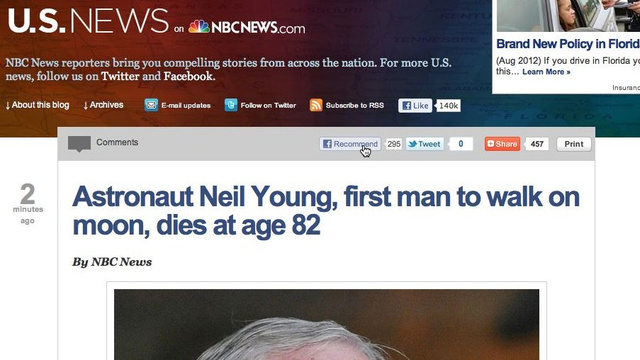
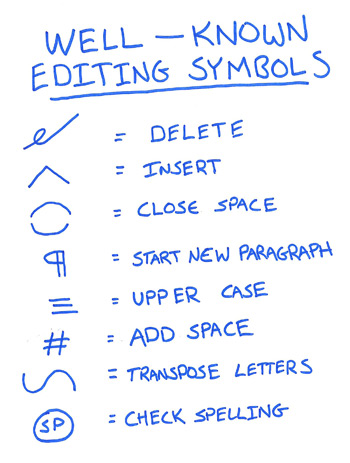
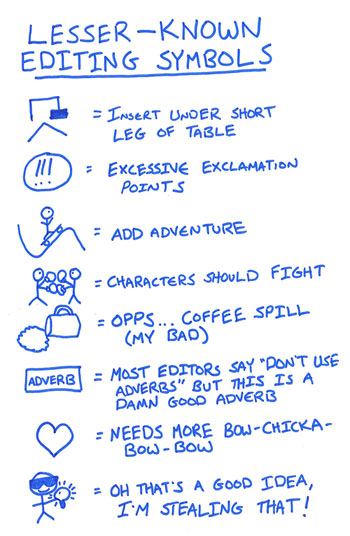
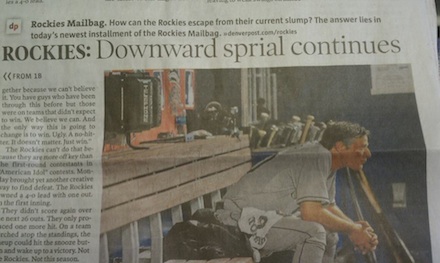
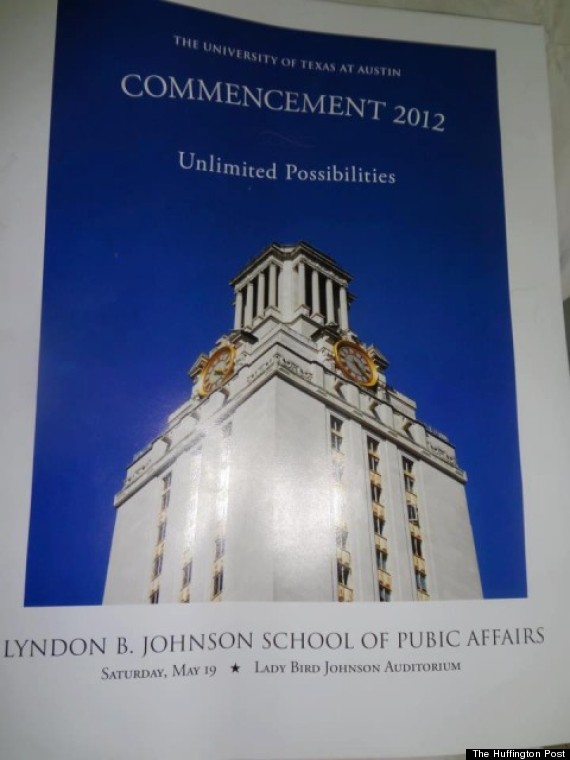

 RSS Feed
RSS Feed